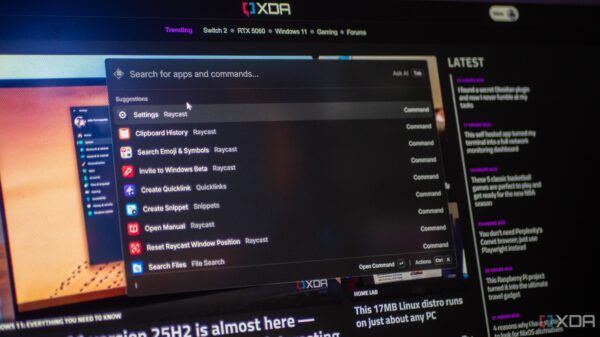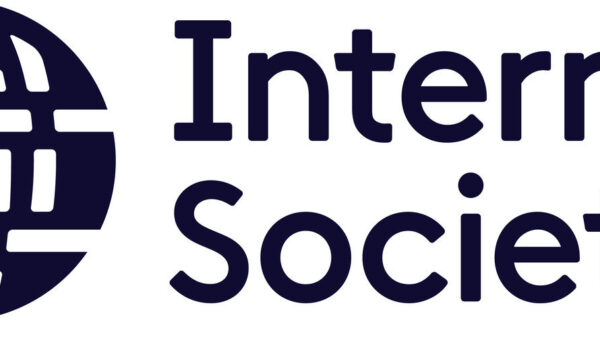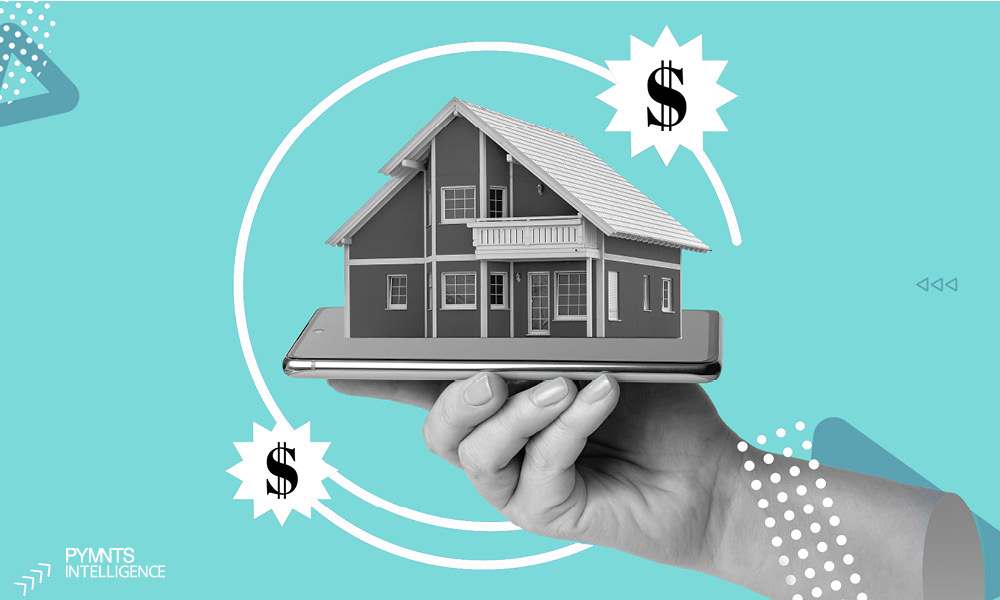Property management is undergoing a significant transformation as firms increasingly adopt real-time payment systems to enhance operational efficiency and meet rising tenant expectations. With tenants demanding digital convenience for everything from rent payments to security deposit refunds, property managers are leveraging instant payment solutions to streamline their processes.
Currently, only 36% of property managers utilize instant payments, and merely 11% deem them essential. Nevertheless, a shift is evident as 59% of firms anticipate sending most non-payroll disbursements via instant payment systems by 2028. This trend positions the property management sector at the forefront of adopting modern financial technologies.
Enhancing Efficiency and Tenant Satisfaction
The adoption of instant payments is primarily driven by the need for speed and efficiency. Fast disbursements enable property managers to foster stronger relationships with vendors and improve tenant satisfaction. Tenants who experience seamless financial services are more inclined to renew their leases and recommend their properties, vital metrics in a competitive market.
In addition to enhancing tenant experiences, instant payments provide property managers with better control and visibility over transactions. This increased transparency builds trust with vendors and reduces the friction often associated with traditional payment methods. Digital tools, such as tenant portals and mobile applications, further automate communication and enhance collection processes, minimizing issues related to late rent and associated support costs.
The Role of PropTech in Payment Solutions
Investments in property technology, commonly referred to as PropTech, complement the rise of instant payments. Property management software is increasingly integrating real-time disbursement capabilities, artificial intelligence, and automation. These innovations allow firms to manage operations effectively without significantly increasing their workforce, an important consideration given rising inflation and labor costs.
Leading the charge, digital-first firms are setting new standards by merging instant payments with automation and mobile convenience into cohesive platforms. These systems not only streamline financial operations but also contribute to better retention rates and reduced operational costs.
The question facing property management firms is not whether they will adopt instant payments; rather, it concerns the speed at which they will implement these transformative solutions. As tenant expectations continue to evolve, the shift towards efficient, technology-driven payment systems is likely to accelerate, fundamentally reshaping the property management landscape.
































































